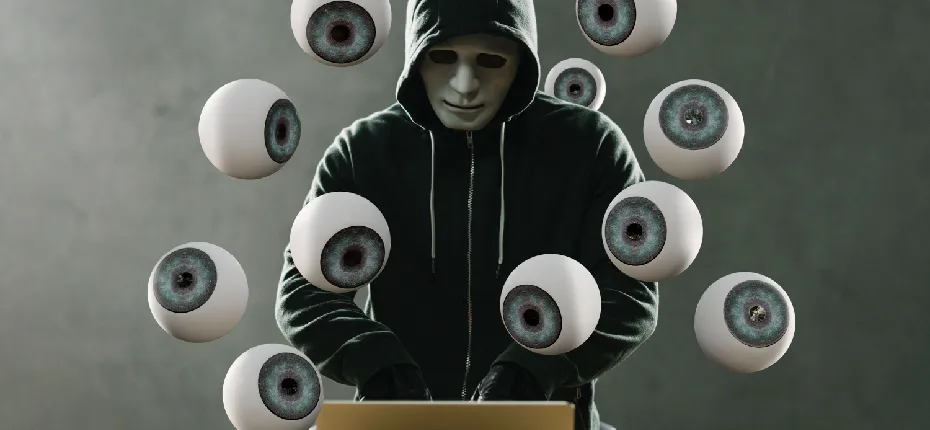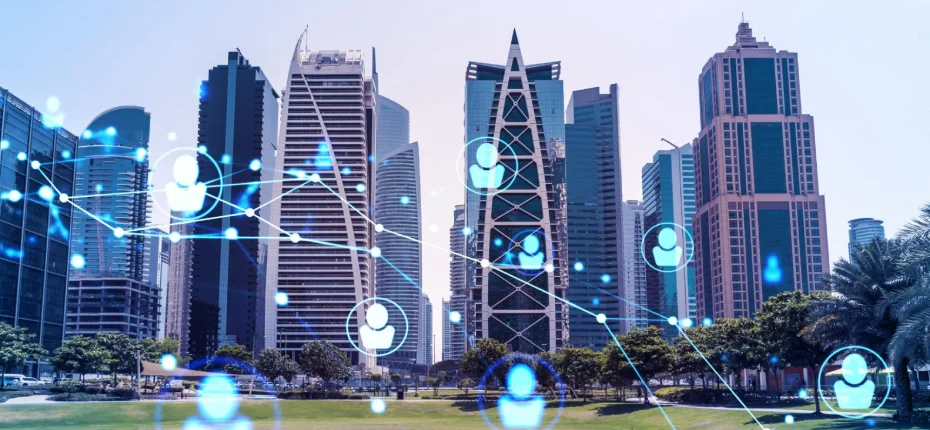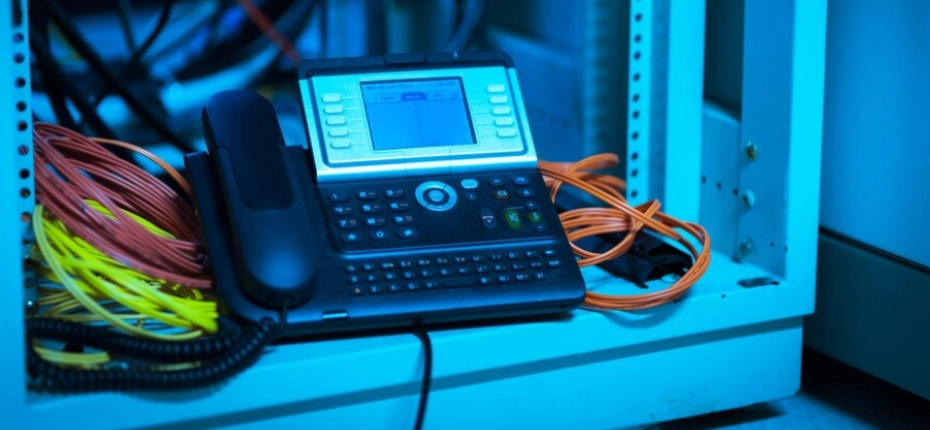The Role of CCTV Cameras in Crime Prevention in Dubai
Dubai prioritizes safety and security, utilizing CCTV cameras as a critical element in crime prevention. These cameras monitor public spaces, commercial areas, and neighbourhoods, deterring potential offenders and aiding law enforcement in swift incident response. The strategic placement of CCTV cameras in crime prevention in Dubai is crucial to maintaining the city’s reputation as one of the safest in the world. This guide explores the significant impact of these cameras on public safety and crime prevention.

Understanding CCTV Surveillance
Closed-circuit television (CCTV) systems comprise cameras, monitors, and recording devices working together for security. Cameras act as vigilant eyes, monitors enable real-time viewing, and recording devices store footage for future reference. This setup not only monitors but also deters crime, as potential offenders know their actions are recorded. CCTV surveillance is essential in maintaining safe communities by actively preventing criminal activities and providing crucial evidence when needed.
The Presence of CCTV Cameras as a Deterrent
The psychological impact of CCTV cameras is significant. Knowing they are being watched makes potential criminals think twice, a “deterrence effect” supported by numerous studies. A 2019 meta-analysis of 80 studies found that CCTV systems lead to a modest but significant drop in crime, particularly in high-risk areas like parking lots and public transport hubs. In Dubai, visible CCTV setups have effectively prevented crimes. For example, Lieutenant Colonel Mohammad Hassen of Sharjah Police noted that cameras were crucial in solving a case involving a corpse found in Al Nahda, highlighting their role in maintaining public safety.
CCTV Cameras as Evidence in Investigations
In Dubai, CCTV footage is crucial in criminal investigations and prosecutions, often leading to quick arrests and convictions. For instance, cameras near a busy shopping area captured clear images of a theft, resulting in the rapid arrest and conviction of the culprits. The effectiveness of CCTV footage relies on the quality and strategic placement of cameras. High-quality, well-positioned CCTV cameras are essential for capturing detailed evidence, making them indispensable for crime-solving and enhancing public safety in urban environments.
Monitoring Public Spaces for Public Safety
In Dubai, CCTV cameras are essential in bustling areas like streets, parks, and transport hubs. Their impact includes:
Crowd Monitoring:
During public events, CCTV ensures crowd safety and organization, facilitating smooth and secure events.
Crime Deterrence and Resolution:
Cameras deter criminal activities and provide crucial evidence for swift arrests and convictions.
Traffic Management:
Strategically placed cameras help manage traffic flow and prevent congestion, improving daily commutes.
Emergency Responses:
CCTV footage aids emergency teams in assessing and responding to incidents more effectively.
For instance, during the Dubai Shopping Festival, CCTV quickly identified pickpockets, leading to their immediate apprehension by security. This underscores CCTV’s role in maintaining safety and order, enhancing Dubai’s reputation as one of the world’s safest cities.
Protecting Residential and Commercial Properties
For homeowners and business operators in Dubai, CCTV installation services are essential for defending properties against burglaries and vandalism. These services offer a range of camera types and setups, ensuring that residential and commercial clients can find solutions that meet their security needs. Whether a compact, discreet camera for a small boutique or a robust system covering a sprawling commercial complex, home security installation services in Dubai customize setups to optimize surveillance and deterrence.
Collaboration with Law Enforcement and Security Agencies
The power of CCTV in crime prevention in Dubai stems from the robust collaboration between private security firms and public law enforcement. This partnership enables the seamless sharing of CCTV footage, allowing law enforcement to quickly and accurately address crimes. Such cooperative efforts enhance the city’s security, benefiting residents and visitors.
For instance, a joint initiative between local businesses and Dubai Police led to the installation of advanced CCTV systems in major retail districts, significantly reducing theft and vandalism. This demonstrates the tangible impact of leveraging CCTV technology through collaborative efforts in enhancing urban safety.
Addressing Privacy Concerns and Ethical Considerations
In Dubai, balancing CCTV surveillance benefits with privacy rights is crucial. The city enforces strict regulations to ensure cameras provide security without infringing personal privacy. Operators are trained to handle data sensitively, and cameras are positioned to monitor public areas, avoiding private spaces like homes. Recorded footage is managed under strict protocols to prevent misuse. These measures address privacy concerns while maintaining effective public safety, fostering a cooperative environment where residents feel safe and respected.
Future Trends and Innovations in CCTV Technology
The outlook for CCTV in crime prevention is promising due to advancements in artificial intelligence and high-definition imaging. These technologies enhance camera clarity and data analysis, allowing quicker, more accurate responses to criminal activities. AI can identify suspicious behaviors and recurring patterns that human observers might miss. As Dubai adopts these innovations, efforts are made to ensure technology adaptability and sustainability. With CCTV installation services in Dubai leading these advancements, the city remains a leader in urban security technology, effectively maintaining safety while respecting residents’ privacy.
CCTV cameras are crucial for crime prevention in Dubai, deterring criminals and aiding prosecutions. With technological advancements and collaboration, CCTV remains central to ensuring safety and security for residents and visitors.







